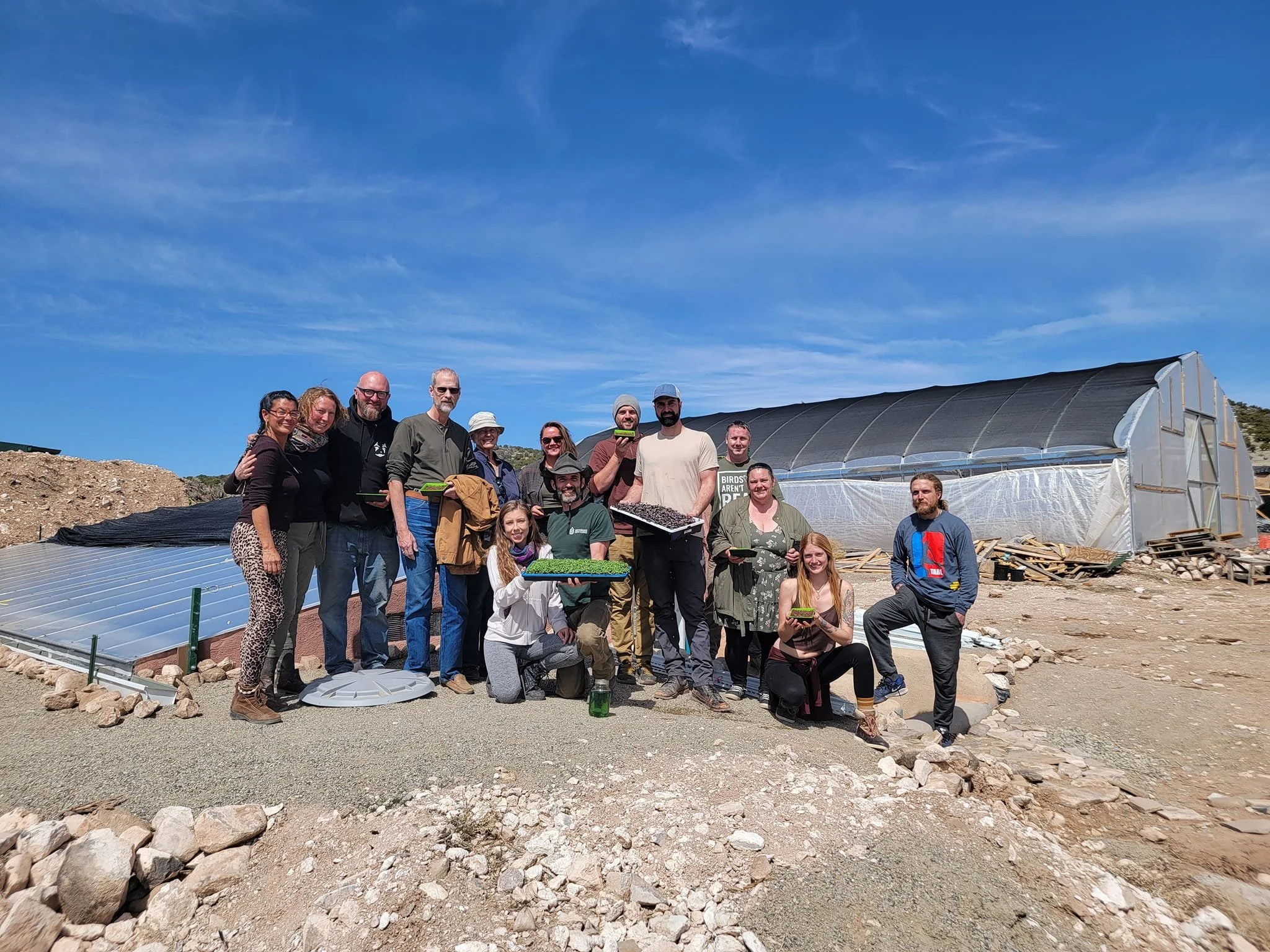Imagine if our atmosphere was nearly 100% methane and we woke up every morning to the smell of greenhouse gasses. This could happen because of food waste–food that is discarded or lost uneaten. When food is wasted, garbage trucks take it to landfills to dispose of refuse and other waste materials. No one knows that when food reaches landfills it releases a greenhouse gas, methane.
How Can We Prevent or Reverse Desertification and Save Lands from Desert Encroachment?
As other natural ecosystems, deserts have their own dynamics independent of human activities. Throughout the history, sand dunes have always been retreating or slowly expanding into adjacent areas when given the chance. But processes that happen during desertification are different. They do not follow natural patterns. They are more unpredictable and dangerous. They can happen much quicker!
How Many Solar Panels to Power a Home in 2019
If your community is like many others today, you’re seeing more and more solar panels installed on your neighbors’ rooftops. Solar photovoltaic system installations are booming. If you’re starting to think about saving money on your electricity bill with clean solar energy, you’re probably questioning, “How many solar panels do I actually need for my house?”.
EARTHSHIPS ARE WORTH LOOKING INTO & HERE'S WHY
Homes built to maximize sustainability often double as landmarks. It can be awe-inspiring to look at the architecture that lends itself well to the landscape around it, or it can be useful to see how someone balanced conflicting sustainable practices, such as rooftop gardens, rainwater collection, or solar panels.
10 Solutions for Natural Resource Depletion
As the human population increases and economies develop, we’re using more natural resources, materials the earth provides that enable economic gain. These substances include minerals, forests, water, fertile soil and more. In many cases, we’re using these resources faster than nature can replenish them. According to Global Footprint Network, we used a year’s worth of resources in seven months in 2018.
What’s the Connection Between Minimalism and Sustainability?
In the United States, people are always encouraged to buy more things. Television advertisements, fashion magazines and towering billboards all offer what only the best, newest products can — happiness. But can material possessions really provide happiness? And, what’s more, even if they could, should a culture of consumerism be something countries aspire to cultivate? One popular movement addresses these and other questions about human relationships to stuff. It’s called “minimalism,” and ironically, it’s everywhere.
Water Pollution Facts, Causes, Effects & Solutions
Long, long ago our planet was just a rock, a shell that had cooled over its molten hot interior, devoid of life. Hot gases poured out of its fissures, forming dense clouds in the atmosphere. And then it rained. It rained for thousands and thousands of years, filling the craters and grooves, percolating down through the fissures to fill underground caverns. With water and then sunlight, came life. Vegetation took hold, decayed, creating topsoil and more life. Single-celled life formed and from these simple cells, more complex life forms evolved.
Simple Ways to Make Every Room in Your House Environmentally Friendly
Going green is a popular buzzword in today’s environmentally conscious society, but it’s not as easy as recycling or buying an electric car. Things in each room of your house could be a little greener, so let’s take a closer look at those rooms and figure out where you can make some eco-friendly improvements.
Can Solar Energy Ever Replace Fossil Fuels?
Fossil fuels are formed by natural processes that take place over the time span of hundreds of millions of years deep underneath the Earth’s surface. Because they takes too long to regenerate, fossil fuels are considered a non-renewable resource. Today, we are highly dependent on this type of resources in our daily life. Around 80 percent all our energy demand is covered by burning fossil fuels. But we are consuming too much and too fast. At the current consumption rate, it is estimated that fossil fuels will run out in less than 100 years. Then what?
Why Is Recycling Important?
Recycling is more important today than ever before. The amount of waste produced worldwide is estimated to triple by 2025, from 0.68 to 2.2 billion tons per year. The largest producers of waste are, in general, developed countries. Every day, 80 million plastic bottles and 288 million aluminum cans end up in waste in the United States alone.














